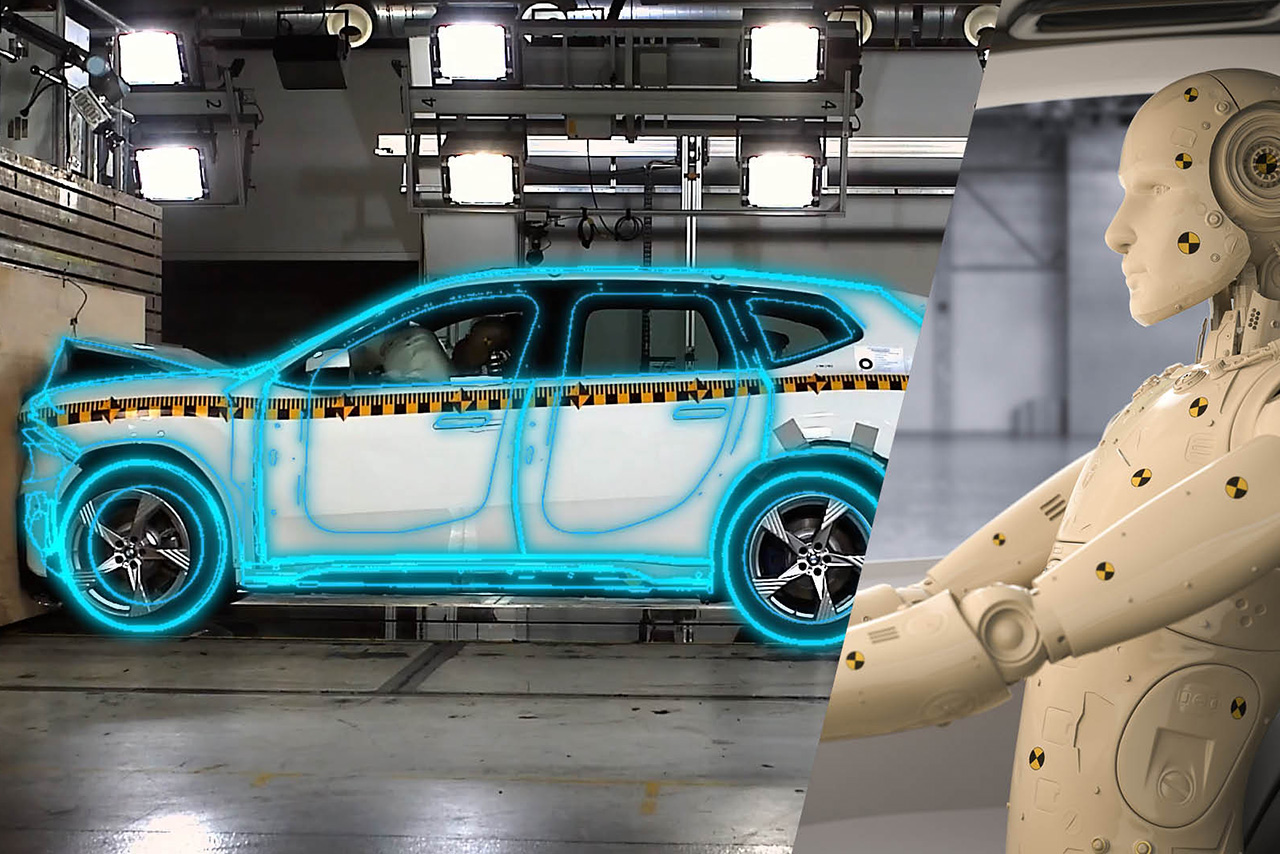At the BMW Group, our understanding of the values and aims of those around us, our relationship management and stakeholder communications are managed by our Corporate and Governmental Affairs section.
Within Corporate and Governmental Affairs, our Governmental Affairs department is responsible for our relationships with political and regulatory stakeholders, NGOs and the scientific community worldwide and ensures the consistency and transparency of our core political messages and positions.
At Governmental Affairs in Munich, communications are organised into three main topic areas: E-mobility & Environment, Trade & Geopolitics, and Digital Cars & Mobility. The aim is to establish uniform, legally compliant framework conditions that leave us sufficient flexibility and agility to develop innovative products. The team in Munich also coordinates our relationships with core automotive manufacturers’ associations like the German Association of the Automotive Industry (VDA) and the European Automobile Manufacturers’ Association (ACEA).
At the international level, Governmental Affairs is organised into four key regions: Europe, the Americas, China and Asia-Pacific/Africa/Middle East. In selected individual and growth markets, the BMW Group also operates local Governmental Affairs offices and/or employs local staff to interact directly with policymakers and regulators. The offices provide a permanent point of contact for local decision-makers and are available to address queries directly and in the local language – an opportunity our stakeholders are keen to use.
Governmental Affairs strives to ensure the greatest possible transparency as well as fact-based information and credibility. For this reason, a comprehensive set of compliance regulations is in place across the company to govern our contact with external stakeholders and shape the nature of our interactions with them.





























